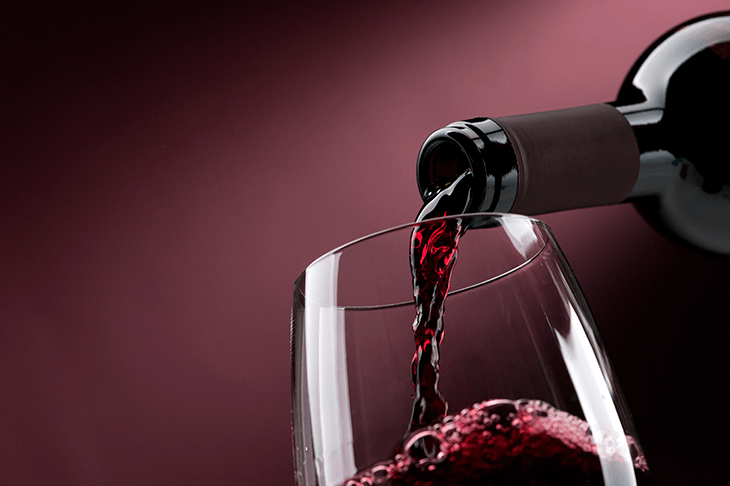The woodpecker jinked across the lawn like an especially cunning partridge. Its goal was a skilfully constructed bird table with wire surrounds, to provide safe feeding for finches, tits, woodpeckers and other small birds, while denying access to corvids, grey squirrels and raptors. A sparrow hawk regularly sweeps across the garden. The ‘sparrow’ element is misleading. This is an avian pocket-battleship, with not a molecule wasted in the pursuit of lethality. Sparrows? I have seen it feasting on a pigeon.

It is a pity that real-life nature offers so little scope for sentimentality. Magpies are handsome creatures, but if you want songbirds, you will need a Larsen trap to control numbers. Cats seem at least as worthy of sentiment as dogs or children. But the domestic moggy is birdsong’s great enemy. Tom Kitten may have grown up fearing rats. The same was unlikely to apply to birds. Although Kenneth Grahame and Beatrix Potter are enchanting reading for littlies, a lot of grown-ups take it all literally. The Wind in the Willows lulls many a simpleton in the direction of the League Against Cruel Sports, or even hunt saboteuring. Mr Badger — ‘I’ll larn them’ — is John Bull in black and white stripes, but actual badgers spread diseases, cause accidents by undermining paths and fields, and are far more destructive than the weasels who persecuted Toad. They need culling. So do rabbits. ‘Flopsy, Mopsy, Cottontail and Peter — jolly tasty they were too.’ That is a much better fate than myxomatosis.
We were discussing all this in Dorset, celebrating the end of lockdown. Often redolent of scrumpy and blue vinny, Dorset place names are an enchantment. They range from the respectable — Beaminster, Kimmeridge, Lulworth — to the comical — Gussage St Michael — to belly–laugh vulgarity: Shaggs and the various settlements in the Piddle Valley. Incomers occasionally try to posh those up by adding an ‘r’. It never sticks. Just into Wiltshire is Tollard Royal: Dorset in real terms. All Dorset names should be entitled to a similarly grand suffix, to demonstrate their inhabitants’ age-old understanding of life’s pleasures (try pronouncing ‘douceur de vie’ in a Dorset burr, and you will see the point). I would suggest ‘Sybaris’: Shaggs Sybaris, Gussage St Michael Sybaris, et al.
My friends’ kitchen table is one of the most sybaritic spots I know: an omphalos in the cult of gastronomy. A few years ago, there was a lot of talk about kitchen-table Conservatism. That did not stick either. Yet this could have been the table, for if ever a piece of furniture was redolent of sound politics, here it is.
My friends’ kitchen table is one of the most sybaritic spots I know
The eating was equally sound. For the culinary approach march, there was some excellent fish. Sushi and sashimi graced one meal and there was also a succulent brill. But the climax was a rib of beef: well-hung and perfectly saignant. It was the best meat I had eaten for months, accompanied by the best wine since incarceration. Over the past three months, I have drunk a lot of Rhône, some of it good. But for subtlety and complexity, there is nothing to beat the marriage of fruit and tannin in a fine Left-bank bottle. The other day, a London friend opened a Léoville-Barton ’16. Had I been consulted, I would have urged a self–denying ordinance, because it was too young. Albeit thoroughly pleasant to drink, it will keep for decades. But it played a John the Baptist role, preparing the way for this 2011 from the same vineyard. That had been regarded as a less than stellar year, but our Dorset bottle was everything a second growth ought to be: yet another reason to salute the skill of Anthony Barton. All the elements had come together, producing length, depth and harmony. There was still a sprightliness of early nuptials, plus the promise of a long union. Let us also hope for the promise of a renewed summer.






Comments